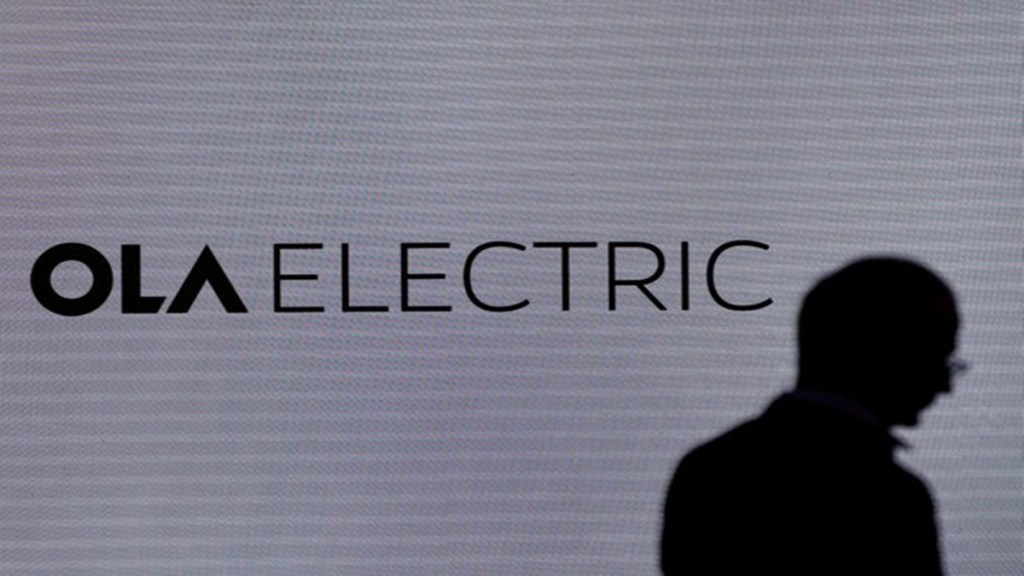Ola Electric is likely to fall short of its target to clear the 16,347 backlog in scooter registration from February by the end of March. According to Vahan data, the company had registered 22,685 units as of March 31.
If the backlog is included in this figure, the March sales drops to a 32-month low of 6,336 units, implying it was no longer among the top-three electric two-wheeler manufacturers in the country during the month as Bajaj Auto, TVS Motor, Ather Energy, and Hero MotoCorp—took the top three spots.
The lacklustre March sales comes despite the company working out its registration process in-house.
In case the backlog is not cleared in March numbers, the missing sales numbers will continue to cast on a shadow on the Bhavish Aggarwal-led company as it could face legal action.
The Bangalore-headquartered company has been a market leader since 2023. However, it is increasingly facing tough competition.
On February 28, Ola Electric stated that it had sold 25,000 units and maintained a leadership position in the EV two-wheeler market with a market share of over 28%—a figure that came under scrutiny by the ministry of heavy industries and the ministry of road transport and highways after FE reported on the mismatch.
Notices were issued to Ola Electric by the ministries to explain the sales figures.
On March 21, Ola reassured the exchanges that all vehicles would be registered. In its statement, the company noted that 40% of the February backlog had already been cleared, and the remainder would be fully resolved by the end of March 2025.
If 40% of the 16,347 backlog was cleared, approximately 6,538 scooters were registered by March 20—averaging about 327 units per day. Extrapolating this daily average for the entire month of March suggests a total of around 10,137 registrations, putting the March sales at 12,548.
An Ola Electric spokesperson did not respond to FE’s queries on its sales till the time of going to the press.
Industry experts warn that if the company fails to meet its commitments, it could face regulatory scrutiny not only from the ministries but also from Sebi and the stock exchanges.
“It appears that after facing issues such as wrongful subsidy claims, concerns over product and service quality, and trade certificate discrepancies, Ola is now likely to face a Sebi inquiry along with scrutiny from other regulatory bodies. As a publicly listed company, it cannot manipulate the market and go unpunished,” a sector expert said, on condition of anonymity.




















